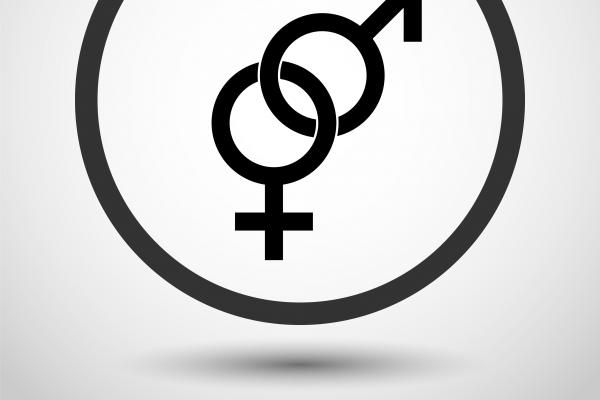Editor's Note: This article is part of a blog series for Women's History Month featuring stories of men and women working to create a more equal and safe world. May we all continue to partner and pray together for gender justice—download our free March 2015 Prayer Calendar.
My life was turned around in 2008 as I listened to a 32-year-old woman describe her experience of being raped on three separate occasions as a teenager. I have since learned that violence and abuse affects one-in-three women worldwide. How could we have created a world in which violence against women is so commonplace and the consequences for the perpetrators of these crimes are so few?
Two groups have been largely silent on these issues: churches and men. Restored, an international Christian alliance, works to transform relationships and end violence against women. We particularly focus on mobilizing churches and men to speak out and take action to prevent violence against women. We believe that this is not a “women’s issue” but a human issue and that men need to stand alongside women in addressing it. In some ways, though, you could argue that it is a men’s issue, since it is our attitudes and actions that have to change if we are to see violence ended.
The first priority is to challenge perpetrators of violence and to end the culture of impunity that keeps violent men from facing any consequences for their actions. This requires not only good laws but also commitment from our politicians and institutions to ensure that they are applied. It also means a shift in culture so that such violence is no longer acceptable under any circumstances. We all have a role to play in making that happen, and it is particularly important that church and other religious leaders speak out against violence.
Most men are not violent or abusive, but many men don’t see why this issue is for them. At Restored we believe that “good men” have a vital role to play in building positive relationships and ending violence against women. We have launched a “First Man Standing” campaign which calls on men to respect all the women in their lives; to challenge each other in terms of our attitudes and behaviors; and to sign the White Ribbon pledge to “never commit, condone or remain silent about violence against women.” Through blogs and other resources, we explore what it means to respect women as a husband, father, colleague, consumer, and all our other roles as men.
We have seen some great responses from men who have changed their attitudes, strengthened their own relationships, intervened to stop violence, and brought these issues into their work and personal lives—such as a doctor I recently spoke to who took a training course to learn how to identify and respond to domestic violence more clearly. What might being a “First Man Standing” mean to you?
The roots of violence against women lie in gender inequality and the abuse of power, which in turn shapes our understanding of masculinity and femininity. What does it mean to be a man or woman in the 21st century? Many Christian authors argue that men should demonstrate leadership and competitiveness, often at the expense of women. Instead, we need to emphasize understandings of masculinity that recognize the diversity of men and allow space for women to also exercise leadership and fulfill their potential.
For Christians, our most important model of masculinity is that of Jesus Christ. As a leader and a compelling speaker and debater, Jesus demonstrated traditional masculine characteristics in his era. His miraculous powers put him in a unique position of authority. And yet he chose to live as a servant, to be nonviolent and to respect women, including relying on them for financial support. His life shows us that:
- all men and women are worthy of respect;
- masculinity does not need to be characterized by violence; and
- power should not be abused, but used in the service of others.
Men and boys can also be victims of domestic and sexual violence. The incidence and severity of domestic violence against men is lower than that of women. The issues, however, of stigma and secrecy apply as much, if not more, to men. All survivors of violence need to be recognized and supported in the church. We need to emphasize that a person’s identity is not destroyed by what they may have experienced and that the responsibility for the violence always lies with the perpetrator and not the victim.
We believe that now is the time for men to engage in these issues; to stand up and speak out against violence; to be “First Men Standing.” I encourage all men to boldly declare that you will stand alongside women in addressing these issues of violence and abuse.
Peter Grant is the co-founder and co-director, with Mandy Marshall, of Restored—an international Christian alliance based in England that works to transform relationships and end violence against women. Peter has spent most of his working life engaged in issues of poverty reduction and international development. He is married to Stella and lives in London.
Got something to say about what you're reading? We value your feedback!
